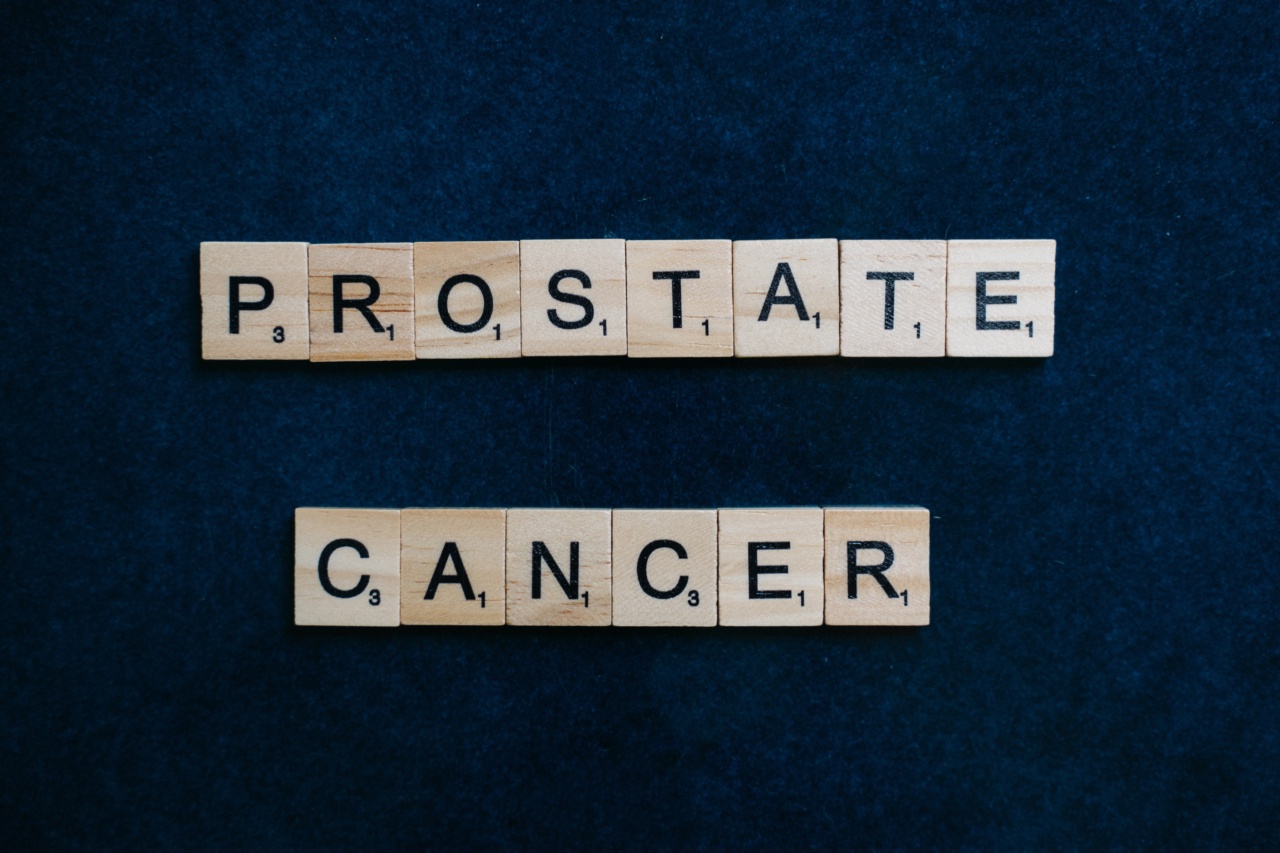Cancer is one of the leading causes of death worldwide, and stomach and prostate cancer are among the most commonly diagnosed types of cancer.
Both of these cancers can be challenging to detect and treat in later stages, which is why prevention is crucial. Fortunately, there are several ways you can protect yourself from developing cancer in these organs. In this article, we outline a straightforward shield against cancer in the stomach and prostate gland.
Understanding Stomach Cancer
Stomach cancer, also known as gastric cancer, develops in the lining of the stomach. It is more common in people over 50 years old and is more prevalent in men than women.
The exact cause of stomach cancer is unknown, but several risk factors can increase the likelihood of developing this cancer. They include:.
- Infection with Helicobacter pylori bacteria
- Eating a diet high in salted, smoked, or pickled foods
- A family history of stomach cancer
- Smoking
- Excessive alcohol consumption
- Obesity
If you have any of these risk factors, it’s essential to take steps to prevent stomach cancer.
Preventing Stomach Cancer
The following are simple steps you can take to help lower your risk of stomach cancer:.
Eating a Healthy Diet
One of the most effective ways to prevent stomach cancer is to eat a healthy, well-balanced diet. Try to include plenty of fruits, vegetables, whole grains, lean protein, and low-fat dairy products in your diet.
Avoid processed and red meats, as well as salted, smoked, and pickled foods, which can increase your risk of developing cancer.
Exercising
Regular exercise can help you maintain a healthy weight, which is crucial in preventing stomach cancer. Aim for at least 150 minutes of moderate-intensity exercise each week.
Avoiding Tobacco and Excessive Alcohol Consumption
Smoking and excessive alcohol consumption increase the risk of developing stomach cancer. Quitting smoking and limiting alcohol consumption can help you reduce your risk.
Getting Vaccinated
The Helicobacter pylori bacteria increase your risk of developing stomach cancer. Getting vaccinated against this bacteria can help you reduce your risk.
Understanding Prostate Cancer
Prostate cancer is a form of cancer that develops in the prostate gland. It is the most common cancer among men, and the risk of developing prostate cancer increases with age.
The exact cause of prostate cancer is unknown, but several risk factors can increase the likelihood of developing this cancer. These risk factors include:.
- Advanced age (over 65 years old)
- A family history of prostate cancer
- Eating a diet high in red meat and processed food
- Obesity
- Exposure to certain chemicals
If you have any of these risk factors, it’s essential to take steps to prevent prostate cancer.
Preventing Prostate Cancer
The following are simple steps you can take to help lower your risk of developing prostate cancer:.
Eating a Healthy Diet
A diet rich in fruits, vegetables, whole grains, and lean protein can help reduce your risk of developing prostate cancer. Limit your intake of red meats and processed foods.
Exercising
Regular exercise, including both aerobic and strength training, can help you maintain a healthy weight and reduce your risk of developing prostate cancer.
Talk to Your Doctor About Screening
Prostate cancer is often detected through routine screenings, including a prostate-specific antigen (PSA) blood test and a digital rectal exam (DRE). Talk to your doctor about when to begin these screenings and how often you should be screened.
Avoiding Exposure to Certain Chemicals
Exposure to certain chemicals, such as cadmium and pesticides, can increase the risk of developing prostate cancer. Limit your exposure to these chemicals whenever possible.
Maintaining a Healthy Weight
Obesity is a risk factor for prostate cancer, so aim to maintain a healthy weight through regular exercise and a healthy diet.
Conclusion
Stomach and prostate cancer can be challenging to detect and treat, which is why prevention is essential. By following the guidelines outlined in this article, you can reduce your risk of developing cancer in these organs.
Eating a healthy diet, maintaining a healthy weight, and getting regular exercise can go a long way in keeping you healthy and cancer-free.




























